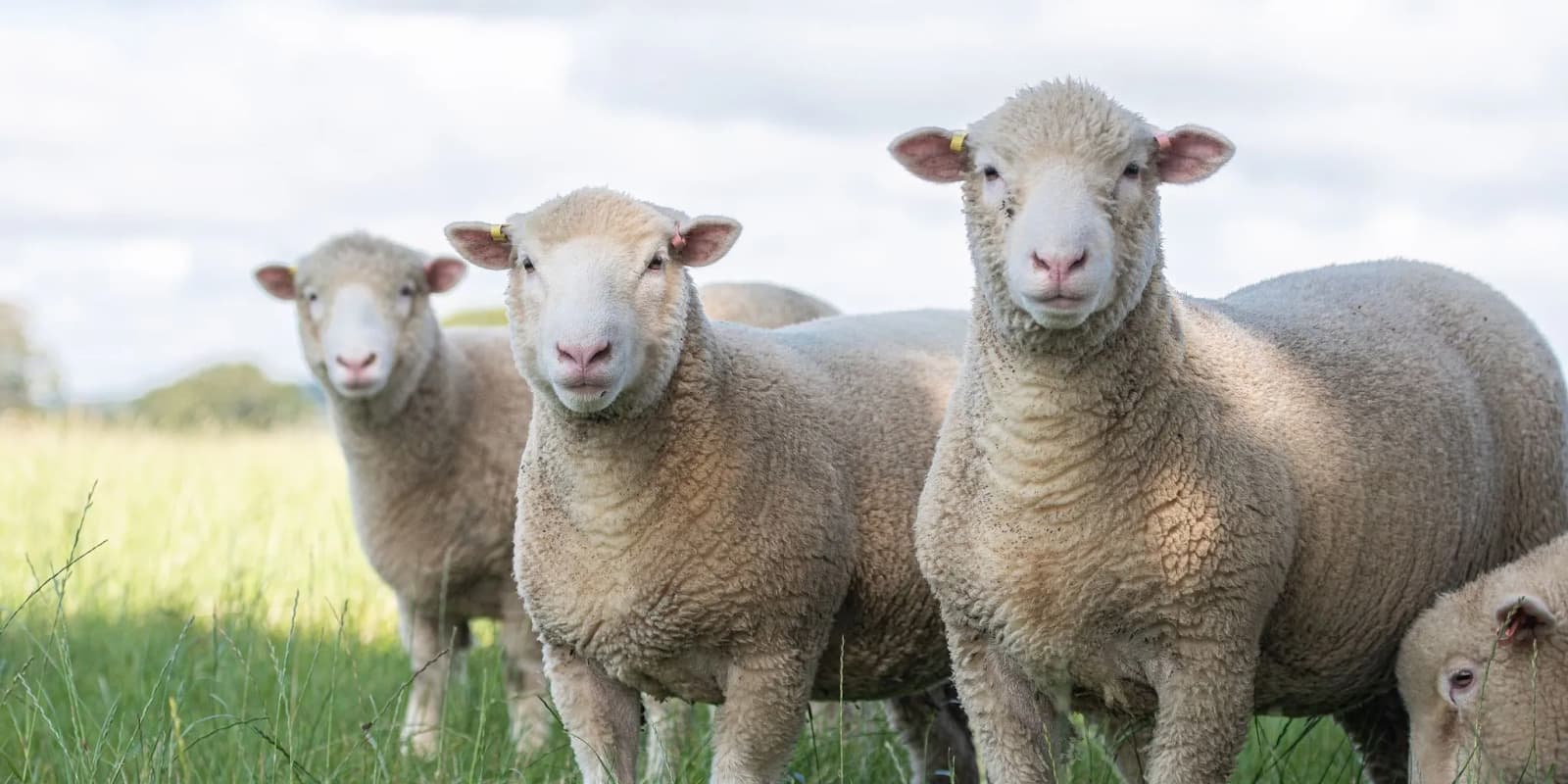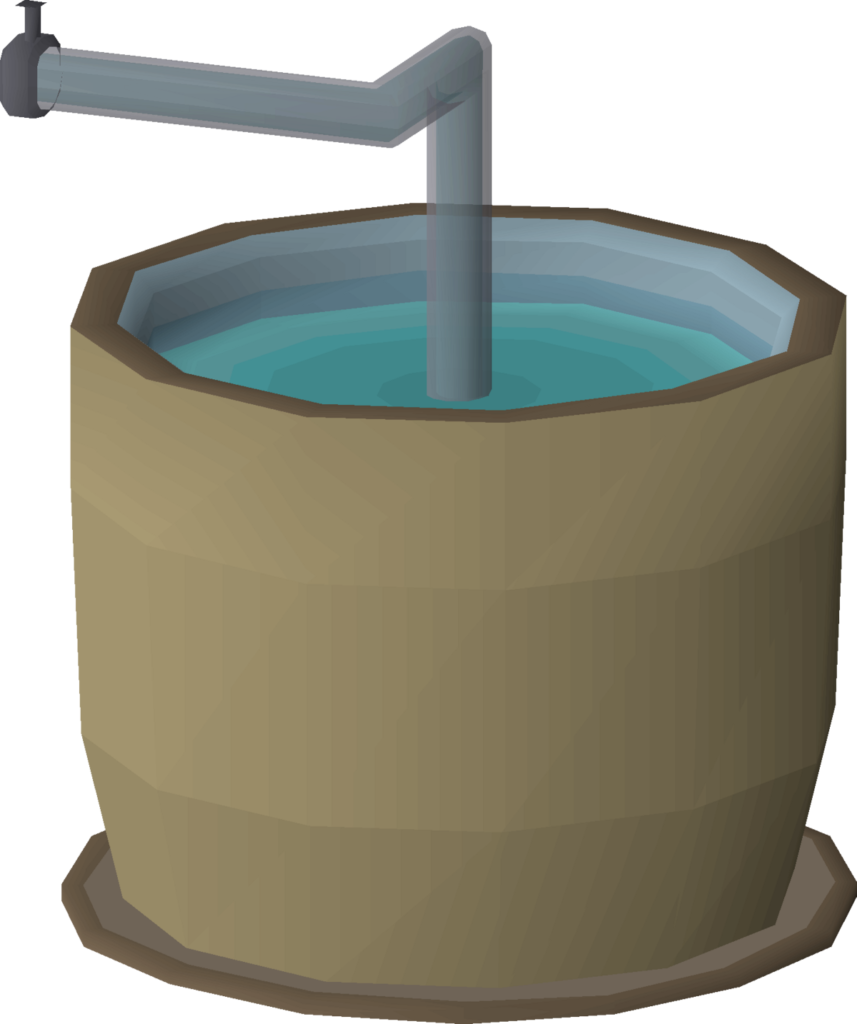Fetal defects in horses can be a serious problem that affects the health and survival of equine offspring. Understanding risk factors and utilizing prevention methods is important to reduce the likelihood of developing these defects and to maintain the health of the horse and its offspring.
Risk Factors
- Genetic factors. Some embryonic defects may be due to genetic abnormalities passed down from the parents. This may include homozygosity for recessive genes, chromosomal aberrations and gene mutations;
- Nutrition and nutrients. Deficiencies in certain nutrients such as folic acid, vitamin E and minerals can increase the risk of developing fetal defects;
- Environment. Exposure of the pregnant mare to toxic substances, infections and stressful situations can affect the development of fetal defects in the fetus;
- Maternal age. Increased age of the mare may be associated with an increased risk of embryonic defects due to changes in the reproductive system;
- Inbreeding. Pairing closely related animals may increase the likelihood of genetically determined fetal defects.
Prevention methods
- Genetic Testing. Performing genetic testing on parents prior to breeding can help rule out carrying genetic defects and reduce the risk of passing them on to offspring;
- Nutritional control. Providing a proper and balanced diet for the mare at all stages of pregnancy, including adequate nutrient intake and supplementation of essential vitamins and minerals;
- Medical examination and care. Regular medical examination and care of the mare, including vaccinations, parasite control and minimizing stressful situations;
- Avoidance of inbreeding. Breeding planning with consideration of genetic diversity and avoiding pairing of closely related animals;
- Environmental monitoring. Avoiding exposure of the mare to toxic substances, infections and stressful situations that may affect the development of embryonic defects.
Understanding risk factors and utilizing prevention methods can help reduce the likelihood of embryonic defects developing in horses and ensure the health and well-being of both the mare and her offspring.



